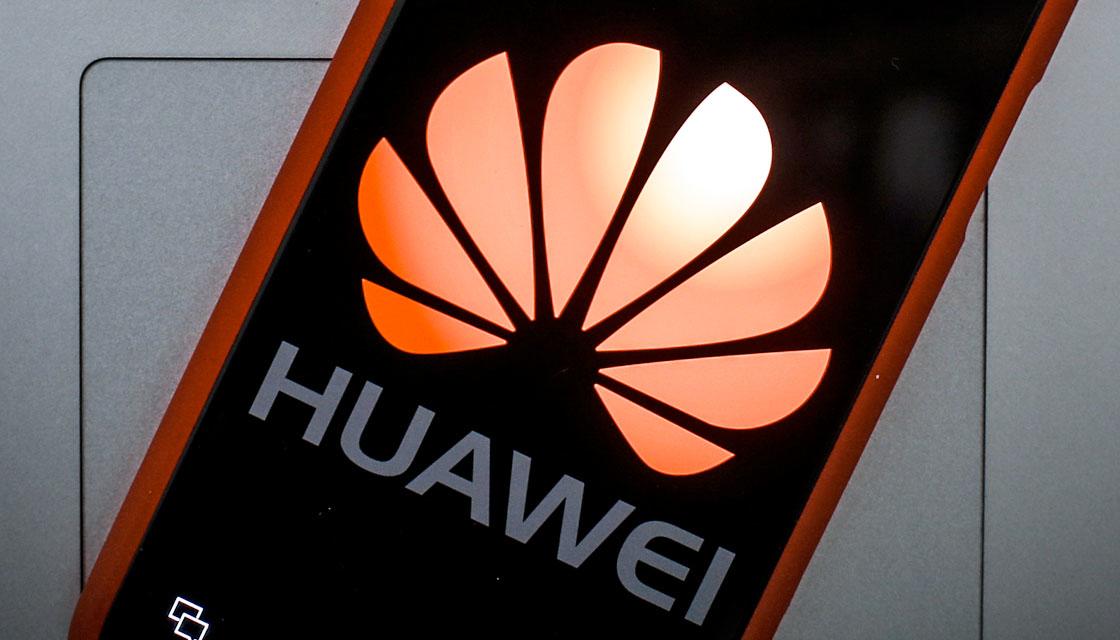The very embattled Huawei Technologies has accused a former employee of poaching workers and stealing their proprietary intellectual property in order to launch a competing firm backed by Microsoft and Dell.
In a December 2017 lawsuit, Huawei alleged in 2017 that Yiren “Ronnie” Huang stole technology and recruited 14 of its employees. Huang was hired in 2010 as a principal engineer for the Chinese company’s solid-state drive (SSD) storage group. In June, 2013, Huang left Huawei subsidiary Futurewei along with several others, before incorporating competing CNEX Labs.
“Huang used information he obtained through his employment at FutureWei along with FutureWei’s resources and technology in drafting these patent applications,” Huawei alleged in its complaint.
The San Jose-based CNEX shot back, filing a countersuit in 2018 claiming that Huawei engaged in a multiyear conspiracy to steal their solid-state drive storage technology, which included the assistance of a Chinese university, according to the Wall Street Journal.
In a pretrial hearing last month, CNEX attorneys alleged that Mr. Xu directed a Huawei engineer to analyze CNEX’s technical information.
CNEX said the engineer met with CNEX officials in June 2016, posing as a potential customer to obtain trade secret information, according to a transcript of the April 17 hearing, which was conducted by the court via teleconference. Afterward, the engineer produced a report about CNEX’s technology and submitted it to a competitive-intelligence database maintained by HiSilicon, Huawei’s chip-development unit, according to a CNEX lawyer who cited the engineer’s deposition, the transcript shows.
Mr. Xu also was briefed on an arrangement between Huawei and China’s Xiamen University, according to CNEX lawyers, who said the partnership was part of a plot to misappropriate CNEX’s trade secrets. –Wall Street Journal
CNEX lawyers said that in 2017, Xiamen University tried to obtain a computer memory board under the guise of purely academic research purposes, which CNEX provided under a licensing agreement with a strict nondisclosure provision.
“What was hidden from CNEX was that Xiamen was working with Huawei and had entered into an agreement separately with Huawei to provide them with all of their research test reports,” said CNEX lawyer Eugene Mar. The Chinese company then fed the results of the Xiamen study into various chip projects, one of which is scheduled for release later this year.
A Huawei lawyer acknowledged that Mr. Xu “was in the chain of command that had requested” information about CNEX, and confirmed that a CNEX document had been put into HiSilicon’s competitive intelligence database, known as its “D-box directory,” according to the transcript of the April 17 hearing.
Huawei insists that nothing was stolen, and that the engineer had met with CNEX after he was invited to discuss “their products and their open source technology,” according to the transcripts.
Huang, who had worked in the field for decades including at Cisco, was hired at Huawei’s FutureWei unit in Santa Clara, California, in January 2011. His job was to oversee a group researching various storage technologies that could be integrated into Huawei’s networking products.
Huang says the position was a ruse by Huawei to steal his inventions as part of an “ongoing effort for Chinese technological dominance.” He stayed with the firm for more than two years, and formed CNEX with two former Marvell Technology Group Ltd. executives less than a week after he left FutureWei. –Bloomberg
“Huawei is attempting to use the U.S. federal court system in Texas to steal intellectual property created and developed by American semiconductor innovators,” said CNEX General Counsel Matthew Gloss, who added that the trial “will shed light on the systematic and wide-ranging methods Huawei has used to steal emerging and foundational data center technology expected to support tomorrow’s 5G networks.”
On April 2, District Court Judge Amos Mazzant ruled that CNEX doesn’t have to turn over ownership of Huang’s patents and applications.
The trading of barbs comes amid sensitive trade negotiations between the US and China. After the Trump administration blacklisted Huawei – which it has accused of assisting Beijing in espionage – a slew of technology firms and telecom companies around the world have scrapped plans to sell Huawei handsets and other devices.
via ZeroHedge News http://bit.ly/2X6lBta Tyler Durden
